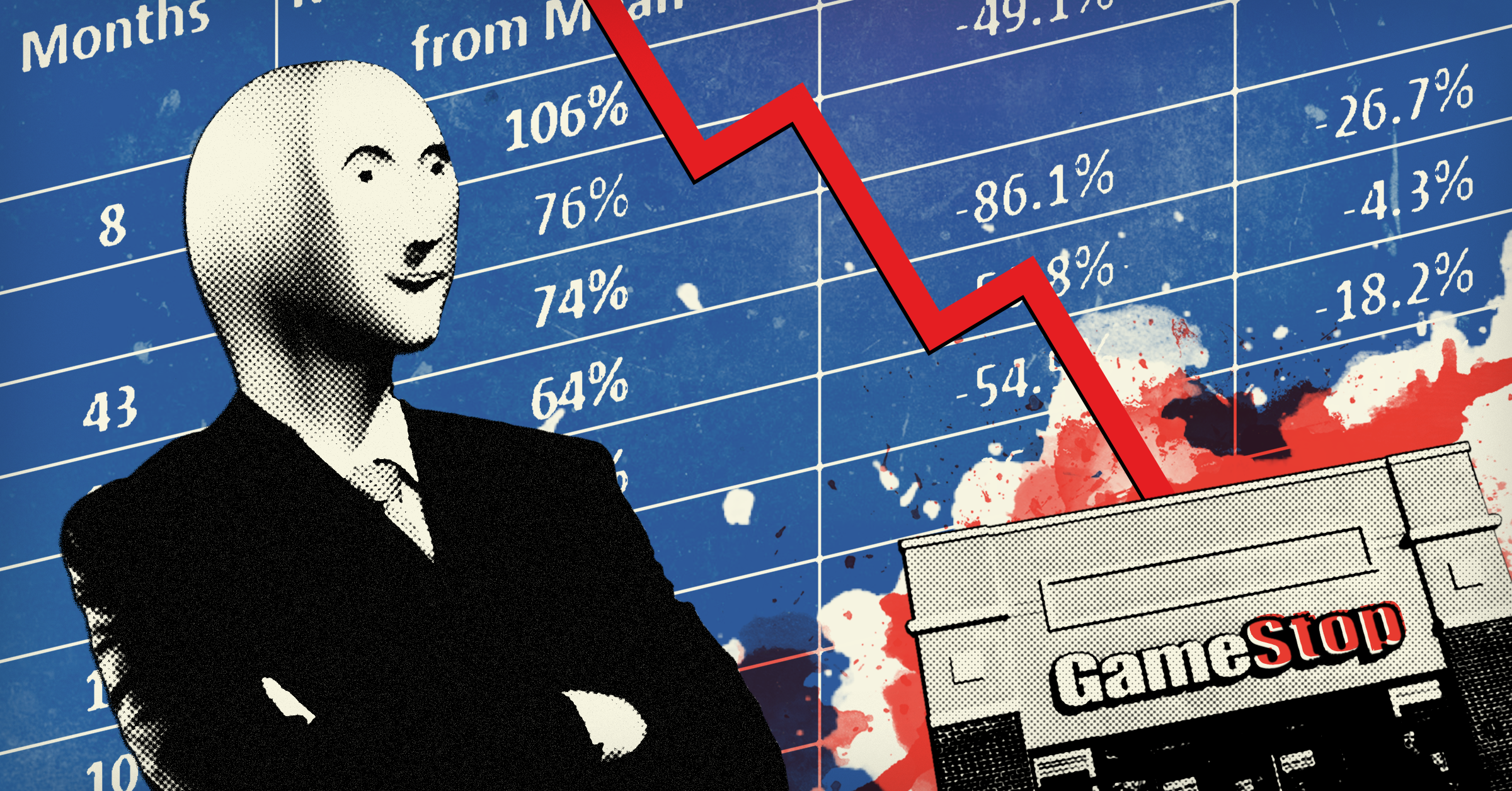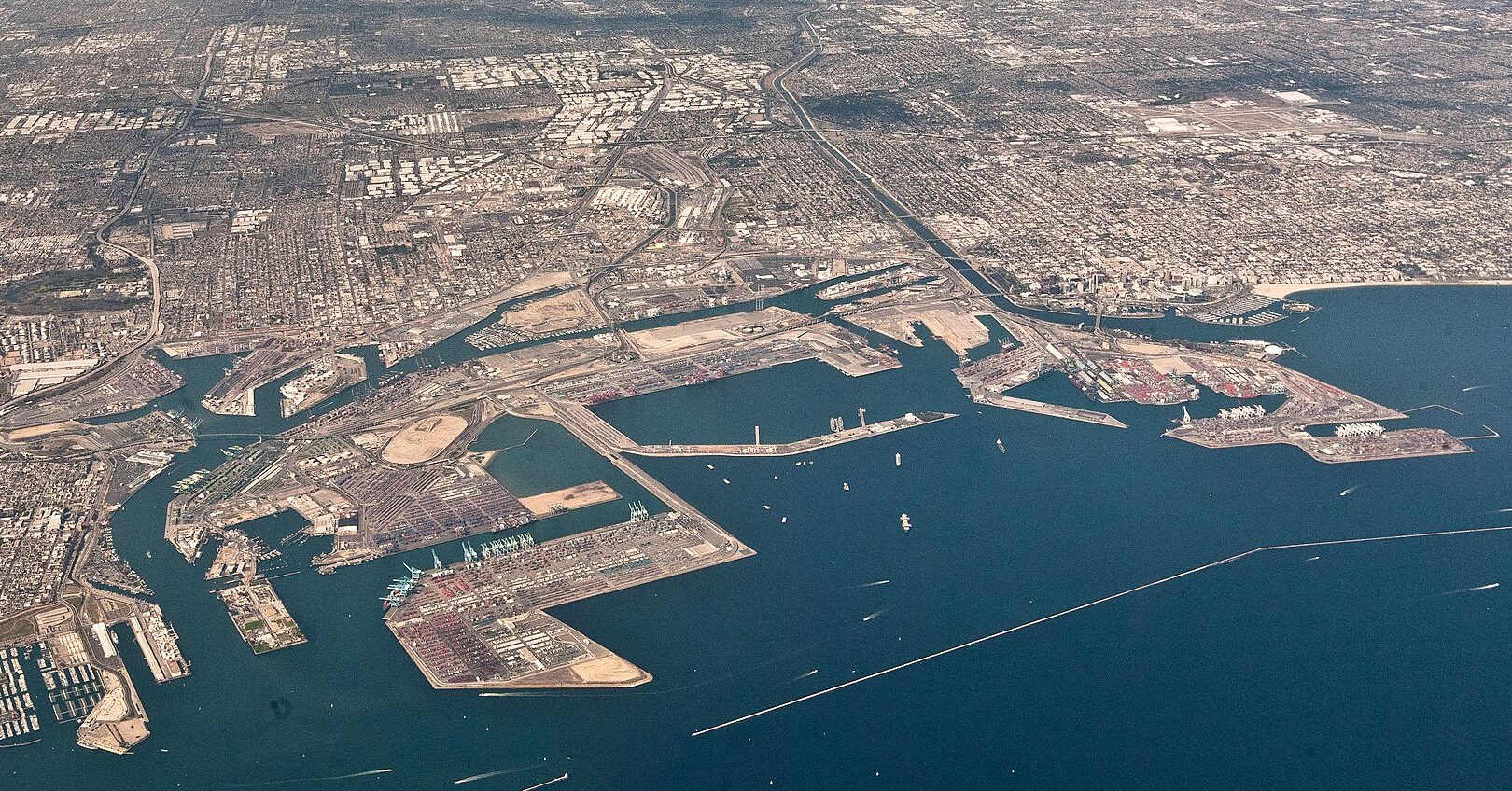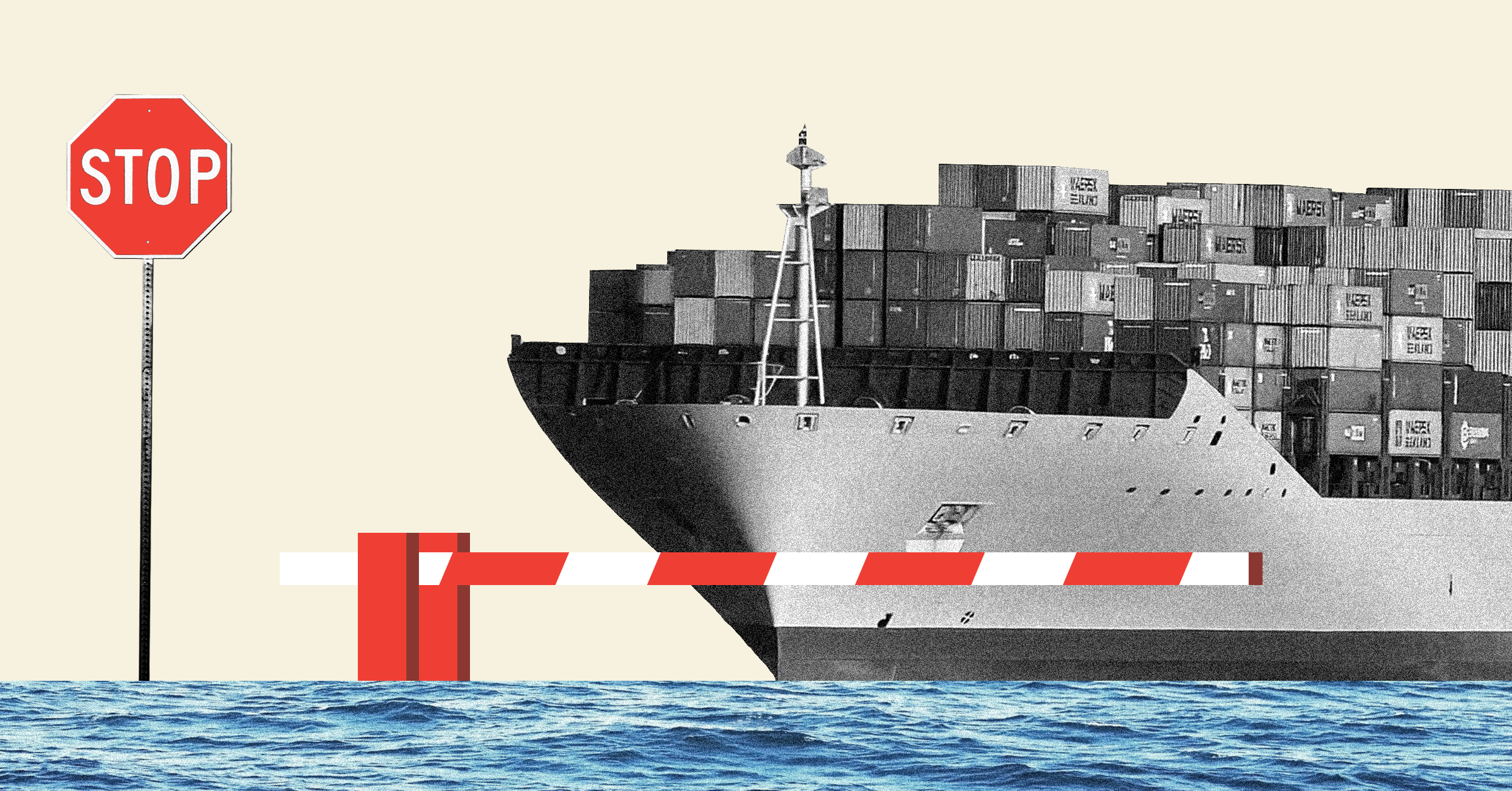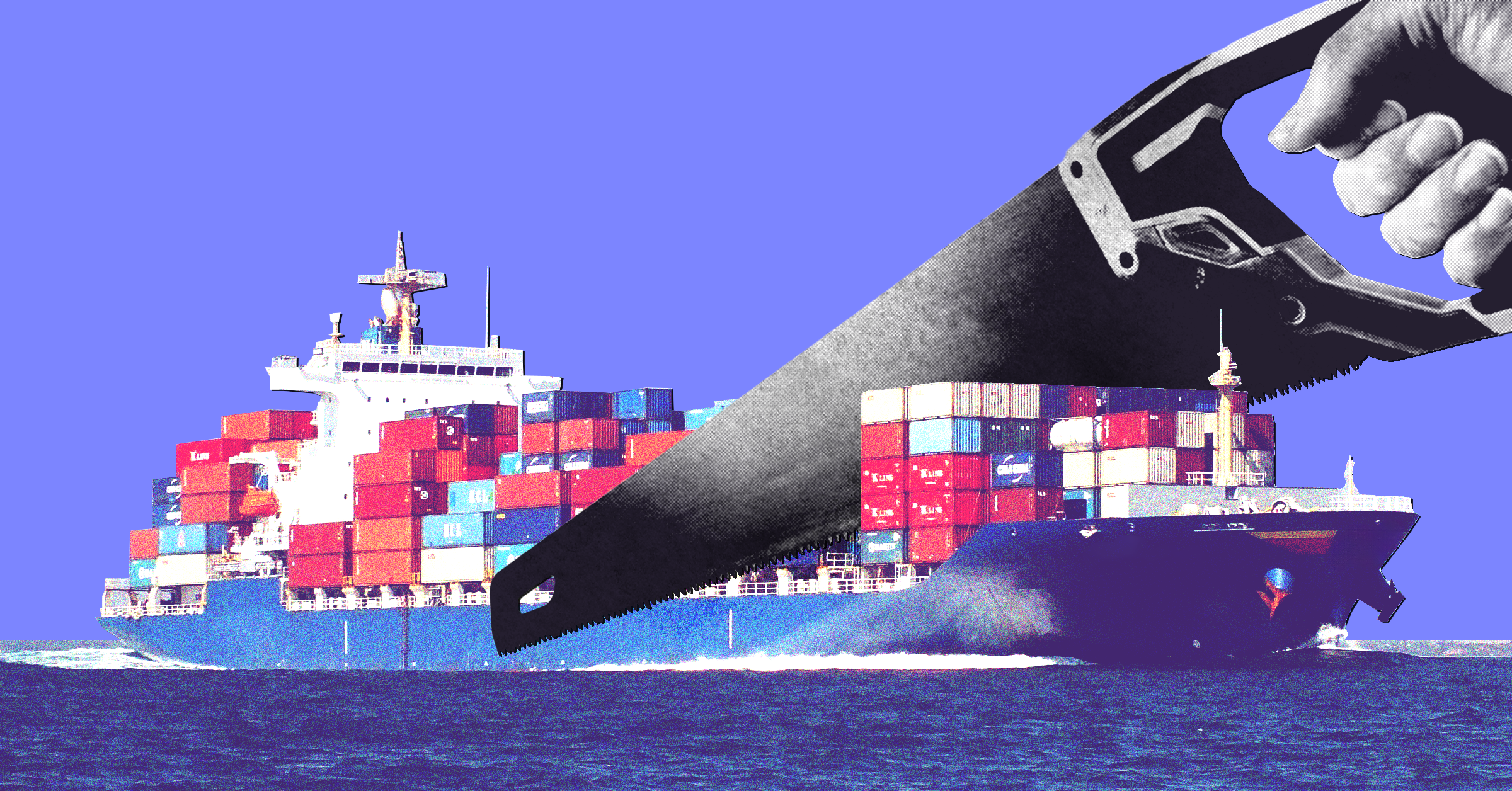The dust on the GameStop dust-up has settled for now. As the chaos and euphoria of the initial reporting gives way, we have a clearer picture of what actually happened.
The part of the story that caught the public’s attention was the little guy taking Wall Street down a peg. There is some truth to this. The “retail traders” (the industry term for us little people) on Reddit’s “wallstreetbets” forum who got in early, with “RoaringKitty” as their prophet, executed the trade of a lifetime. On the flipside, some hedge funds, Melvin Capital chief among them, made really stupid bets and got absolutely clobbered.
The regular guy won millions and embarrassed some suits in the process. What’s not to love? Studios are already in a race to produce the Hollywood version.
But as usual, despite this little twist that dominated the headlines, the biggest spoils went to Wall Street. Wallstreetbets users weren’t the only one who noticed that Melvin Capital and other hedge funds were in an extremely risky position. Senvest Management, another hedge fund, started buying shares in GameStop back in September on essentially the same calculation as Reddit users. Senvest sold right at the peak of the bubble and collected $700 million for its efforts. Not bad for five months’ hard labor.
It would be hard to top Senvest’s returns, since it bought in when prices were in the single digits. What about those who joined the party late? Well, they took a different tack. When a stock price has increased by over 1,000% in a matter of days, it’s a pretty safe bet that it will come back down at least as quickly. Mudrick Capital Management made that bet during the frenzy and pocketed a cool $50 million. Undoubtedly they weren’t the only ones. If a couple big investors took a blow, Wall Street as a whole cashed in big.
There is one more unique element to the “Gamestonk” saga. At the height of the media attention, Robinhood and other retail stock brokers stopped accepting purchase orders on GameStop and a number of other stocks with extremely volatile prices. Users were very upset. Realistically, the only people who had cause to be upset were those who hadn’t yet sold their overinflated stock, now unable to offload it on some other poor sucker. Anyone who might have been considering buying at over $500 per share should count themselves lucky. Nonetheless, the whole thing seemed fishy and members of Congress took up the banner of the little guy. Why were retail traders locked out when the big players could keep trading? Someone must be colluding.
Robinhood’s shutdown was pretty simple: All stock sales in the country are finalized by a private corporation called the National Securities Clearing Corporation. Brokers have to put up a certain amount of collateral with the NSCC every day in order to be able to trade. This is insurance against their customers walking away from a deal for one reason or another. If a stock price is swinging up and down a lot, the NSCC will ask for more collateral. Robinhood was told it needed to put up a lot of collateral, more than it was willing or able to. So rather than shut down all trading, it blocked trades on the specific stocks that were causing so much volatility.
The financial press has been quite happy to explain how there was nothing technically wrong here and this is all just the normal operation of the trading markets. Everyone gets what they ask, no one is being cheated. This is true in a narrow sense, but what should be obvious is that the entire system just outlined depends on a very important Wall Street truth: Regular investors don’t stand a chance. The professionals know they’re better informed, better positioned, and better funded. On the off chance a small-time trader comes out ahead, another one will come out just as far behind. In the meantime, Wall Street has pocketed millions just to help make it happen.
Wall Street and its press are obviously uninterested in calling their business model into question, but even the accusations levied against it in the name of “Main Street” accept the unstated argument that there is an underlying rationality to the market. If only we could get rid of the bad apples, private finance would once again prudently allocate society’s collective wealth where it was most productive.
We as a society need to let go of this fantasy and recognize that Wall Street is utterly useless. One year into the COVID-19 pandemic, hundreds of thousands dead in the U.S., tens of millions out of work, and Wall Street profits are surging. Short of weapons manufacturing, it’s hard to imagine a more socially destructive sector than private finance.
As long as control of investment remains in private hands no set of regulations will stop Wall Street from finding a way to make it work for them. Assuming there was some nefarious call between Robinhood and the hedge funds who were getting taken to the cleaners, what is the likely outcome? A slap on the wrist? A fine for a fraction of their daily profits? Whether or not Wall Street is playing by the rules is largely irrelevant. They wrote the rules! Robinhood investors certainly aren’t worried about any repercussions.
What has been missing thus far are more challenging questions. Why don’t we have a financial transactions tax to slow down this immense volume of useless and volatile trading? Why doesn’t the U.S. government provide low-cost, low-risk banking services through the Postal Service, as other countries do? Why is it that Americans are forced into a casino to save for retirement? Why do we have to spend a single second of our lives worried about a 401(k)? If we’re not too heartbroken about some late-to-the-party Reddit users getting wiped out, let’s not forget that public pension funds are investing workers’ retirement savings in this same roulette table.
“Democratize finance” has been Robinhood’s slogan. But if democratization means leaving everyone to fend for themselves, the working class will never have a say over how and where the product of our labor is invested. As long as the right to control finance remains in private hands, the capitalist class will run the show. If we’re serious about democratizing finance, the biggest question will always be: when do we finally nationalize the finance industry and put it to use for the common good? Until then, it’s just another day on Wall Street.
The Truth About Robinhood
Another detail that’s caught the public’s attention is Robinhood’s promise of “no-fee trading.” Brokers used to make their money by charging clients a fee to perform trades. This might have been hundreds of dollars for a single transaction. Over the years brokerages have cut their fees lower and lower in order to attract customers. Zero-fee trading is now the norm at these “discount brokerages.” Partially because the notion that “if you’re not the customer, you’re the product” has become so ingrained in the era of free online services, this no-fee trading model is now raising eyebrows. If users aren’t paying, where does Robinhood make its money? Did it shut down because its real customers were losing big?
The answer is “payment for order flow.” This is the practice where brokers like Robinhood are paid by a “market maker” for routing customer orders to them. A market maker is a special type of financial firm that acts as a middleman between buyers and sellers. There’s not always someone who wants to buy or sell a specific stock right at the moment you want to buy or sell that stock, but the market maker will.
Why would a market maker pay Robinhood to give it orders? It’s important to know how market makers turn a profit. For every stock they trade, they set their buy price a little less than their sell price. That small difference, a matter of cents on each transaction, is where they make their money. If your revenue comes from pure trade volume, the only thing you have to be careful of is that you don’t accidentally end up holding shares that quickly lose value before you can sell them off to someone else.
Market makers like Citadel Securities, one of the big winners in the GameStop bubble, are no chumps. But if you’re buying shares from Goldman Sachs, it’s possible they know something you don’t. There’s a reasonable chance you’re about to be on the wrong side of a trade. On the other hand, if you could somehow find a large number of retail traders looking to buy and sell with, your risk is now very, very low. Luckily for Citadel Securities, Goldman Sachs does not trade on Robinhood.
Because there’s virtually zero chance that a retail trader can outsmart a market maker, the market maker can sell to retail traders a little bit lower than the retail trader could get on the stock exchange. The market maker gets a risk-free cut for executing the trade and Robinhood gets a slice of that cut for sending its users’ orders to the market maker. Robinhood more than anyone depends on payment for order flow income. To encourage maximum trading volume, they were not only a pioneer in no-fee trading, but figured out that if you made stock trading feel like a game, people would treat it like one. They don’t care if you win or lose, as long as you’re playing.




